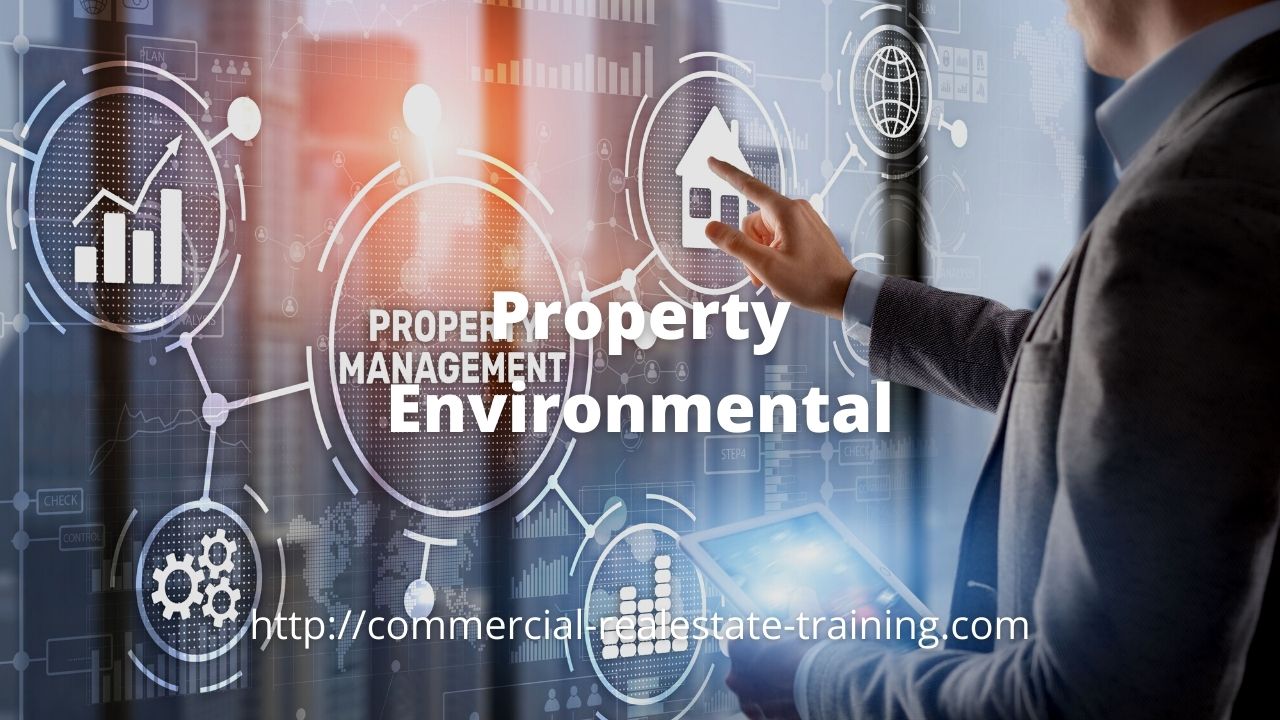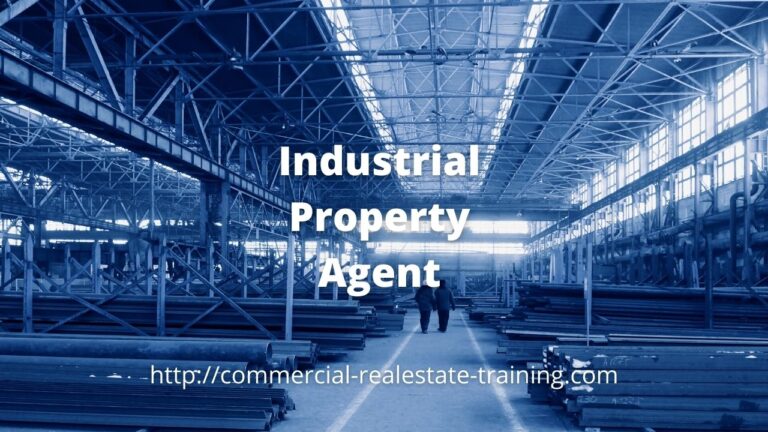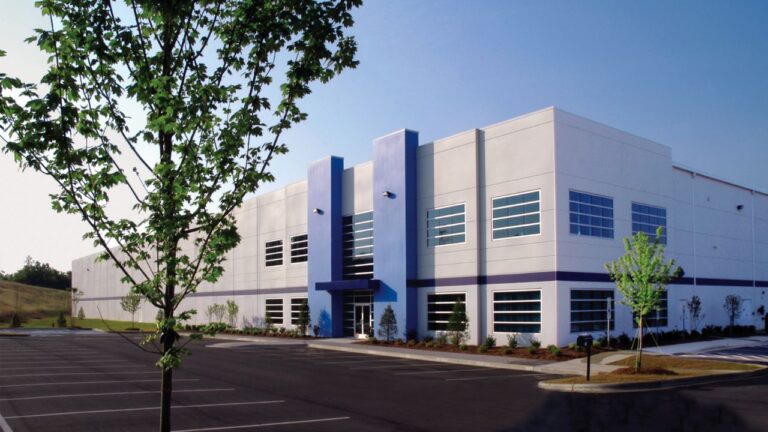Ways to Mold Proof Your Commercial Property
Mold is a type of fungus made of tiny organisms that you can find almost anywhere. It can be black, orange, green, purple, or white.
Although, mold has a crucial role in nature where it breaks down dead plants and leaves; it can be rather problematic in a building or a home. Regular exposure to mold could cause all kinds of health issues; not to mention structural damage.
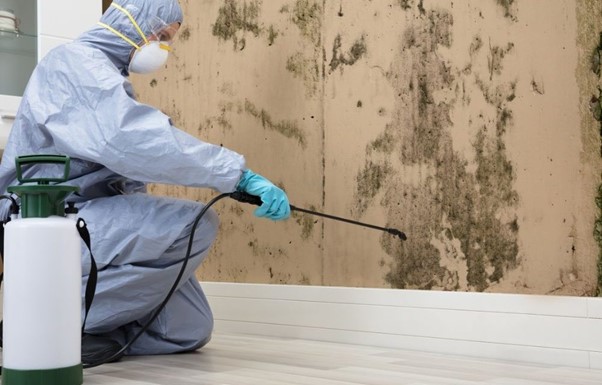
Types of Mold Found in Commercial Buildings?
Although molds have myriad kinds; there are five main types that you will typically find in a commercial or residential establishment. They are:
- Aspergillus – This type of mold generally grows indoors. The problem with this mold is that it is highly toxic. It can pollute the air quality and cause a bunch of health issues.
- Alternaria – Alternaria grows as spores that propagate generally outdoors. However, the dry summer wind can sometimes carry it indoors.
- Penicillium – The trademark of penicillium mold is the yellowish and greenish color. It is another toxic kind that can be dangerous when inhaled in large amounts. Penicillium was used in the discovery of penicillin.
- Cladosporium – Although this mold is not as toxic as the other ones; it can be just as bad if left untreated for long periods. Cladosporium is known for exacerbating and/or causing asthma.
- Stachybotrys – This is the most popular kind of mold. Stachybotrys also goes by ‘black mold’. This is a nightmare for any property owner. The mold works by weakening the structure from its very core while also releasing a weird smell.
The mold that grows in commercial buildings is more or less the same that damp specialists deal with in residential establishments. Also, when it comes to telling mold from mildew; the difference comes from their appearance. Mold is generally slimy and green while mildew is typically powdery and white.
Causes Behind Mold Growth in Commercial Buildings
Several environmental, weather, and construction factors can increase the vulnerability as well as the speed at which mold grows. Generally, there are three major aspects that can amplify the chances of mold growth –
- Quality/health of ventilation system
- Building material used
- How old the construction is
It may sound like mold is inevitable, but these three factors do control the likelihood and severity of growth.
Let’s not forget that uncontrolled moisture is the main reason mold occurs in the first place. It could be due to loose plumbing, missing tile, or a leaky roof. Sometimes air vents and HVAC units can also bring in spores from outside. Although mold can grow anywhere; it particularly loves organic objects like wood, upholstery, and paper.
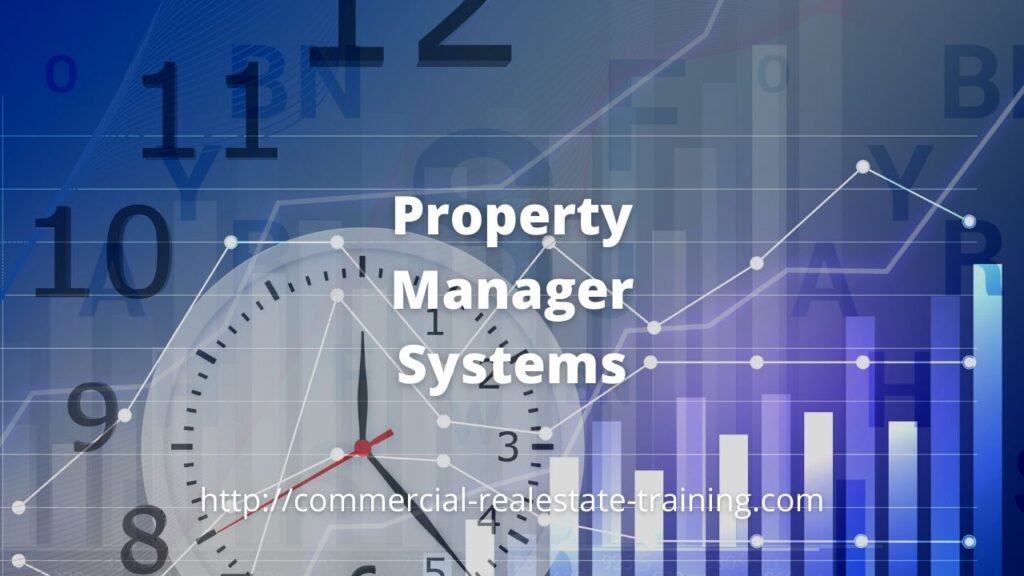
Ways to Prevent Mold in Commercial Buildings
It may seem like mold growth is out of your control. But, there are preventive measures you can implement to control its growth and inhibit it.
Carry Out Routine Building Inspections
Mold can grow in sneaky, uncommon places that you never saw coming. So, it’s important to remain vigilant. Create an inspection routine, particularly for high moisture areas and damp surfaces. Also check for spots and fuzzy stains on floors, carpeting, and walls.
Always keep an eye for any foul, musty, or off-putting smell. If there’s janitorial staff employed in the building or the inspection work is carried out by a contract team; ask them to notify you any time they notice mold growth or dark patches.
Conduct Timely Repairs
It’s good to repair things like unsealed windows, missing tiles, cracked foundations, leaky roofs, or problematic door frames as soon as possible. All these things provide ripe conditions for mold to grow. Any time you notice something in the building in need of repair, attend to it. Also look for any damaged pipes, gutters, or faulty plumbing. The thing about mold is – the sooner you take action, the better it is.
Control Moisture Levels
Mold thrives on untreated moisture and humidity. Some geographic locations and climatic conditions generally have higher levels of humidity. It’s therefore good to always keep moisture levels in control. It’s good to install dehumidifiers in places like attics, basements, and high-moisture areas like the bathroom. For attics and the basement, you can go for smaller units.
Keep the HVAC System Well-Maintained
Unclean and poorly maintained heating and cooling units can also contribute to unwanted mold growth. Ventilation ducts the common highway for mold to travel through. Spores may find a way to enter the building and spread there via ventilation routes of HVAC units. Make sure there’s no condensation or moisture build-up. To do that, get your HVAC system routinely serviced. These little practices can go a long way in avoiding mold growth.
Bring in a Professional Surveyor
Commercial buildings can be different from one another. So, one preventive regime may not work for all establishments. Therefore, it’s good to bring in a professional and have the building surveyed.
Based on the findings, you can tailor a plan that fits your structure. Work with a mold remediation expert to make sure not only the existing problems are addressed properly, but that moving forward, you won’t have to deal with any potential health concerns or mold-related damage.

How Much Does Mold Remediation Cost?
In case you decide to bring in a professional mold remediation specialist, do consider the following. This will help you set an adequate budget aside.
- Cost of mold inspection
- Mold mitigation cost
- Mold testing cost
Typically mold remediation service for a commercial establishment could cost you $15-$30 per sq/ft.
Conclusion
Mold is a common problem that many commercial establishments deal with. The good thing is, there’s professional help available. Mold contractors have all kinds of equipment to contain and remedy the contamination.
It’s always good to practice the above-mentioned preventive measures as well. And, you never know! Perhaps you won’t ever face the need to hire a specialist.

